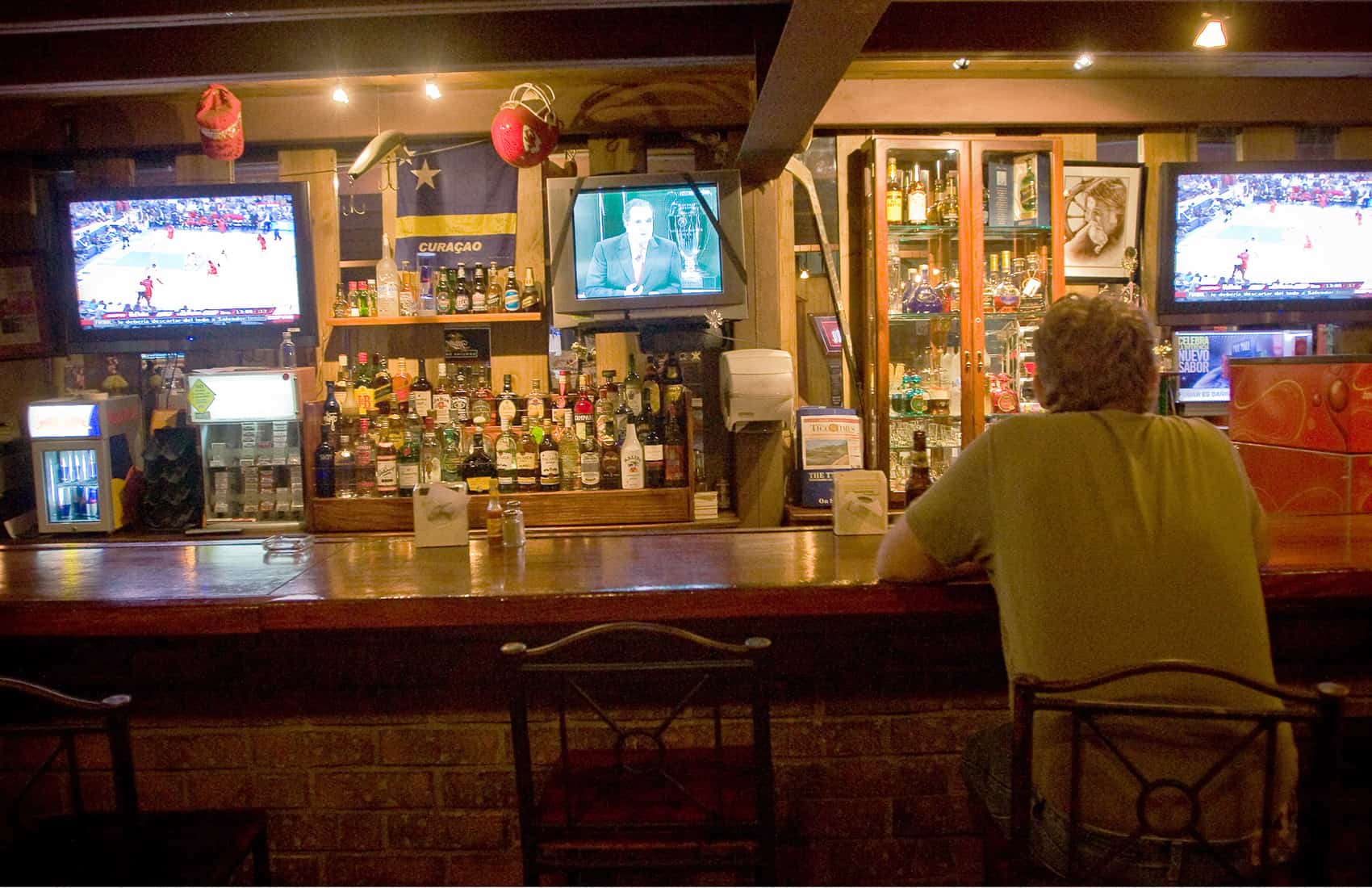As of Wednesday evening, 17 of Costa Rica’s 81 municipalities have confirmed that they will prohibit the sale of alcohol during Holy Week, the National Union of Local Governments (UNGL) confirmed.
The restriction in most cases will apply only on Holy Thursday (April 13) and Good Friday (April 14). In Central Cartago, however, the municipal council voted to enforce it on Good Friday only.
This is the list of cantons that have officially confirmed that they will enforce a dry law:
In San José: Goicoechea, León Cortés, Puriscal, Tarrazú, Dota, Vásquez de Coronado.
In Heredia: Central, Belén, San Isidro, Flores, Santa Bárbara.
In Cartago: Central, El Guarco, Paraíso, Turrialba.
In Puntarenas: Esparza, Corredores.
UNGL spokeswoman Mariana Haug told The Tico Times that the list could grow as some of the municipal councils will meet on Friday and Monday, and may vote then to enforce a ban.
The Municipality of Alajuela will not enforce a ban on Holy Week, but reported it will prohibit the sale of alcohol from 8 a.m. to 3 p.m. this Friday, April 7. That day the city will host the annual parade to commemorate the Battle of Rivas, commonly known here as the Juan Santamaría Day. The actual holiday is April 11, but the city rescheduled the parade to avoid a conflict with Holy Week’s public events.
Business owners who disobey these municipal restrictions anywhere in Costa Rica will face fines of up to 10 base salaries, or ₡4.2 million (some $7,500).
Dry law
The enforcement of a “dry law” during national holidays used to be mandatory across the country. However, amendments to the country’s Liquor Law in 2012 granted each municipality the power to decide whether or not to enforce the ban.
The change in the law prompted a legal complaint from the National Tourism Chamber and the Costa Rican Chamber of Hotels who claimed that leaving the bans up to municipalities causes unfair differences, and that the continuation of the bans in any form is damaging to business. Chamber leaders pointed out that many bars, restaurants, hotels and other businesses in major tourist destinations were forced to close during those days, some of the year’s busiest for them.
They also said leaving the decision in the hands of municipal leaders means that some businesses suffer these economic losses while others, located in adjacent communities that do not enforce the ban, reap the benefits.
An Administrative Court ruled in favor of the chambers last August, but kept the Holy Week section of the law on the books. Judges at the time said the ban during those days is part of a separate law requiring businesses to close during Holy Thursday and Good Friday.






